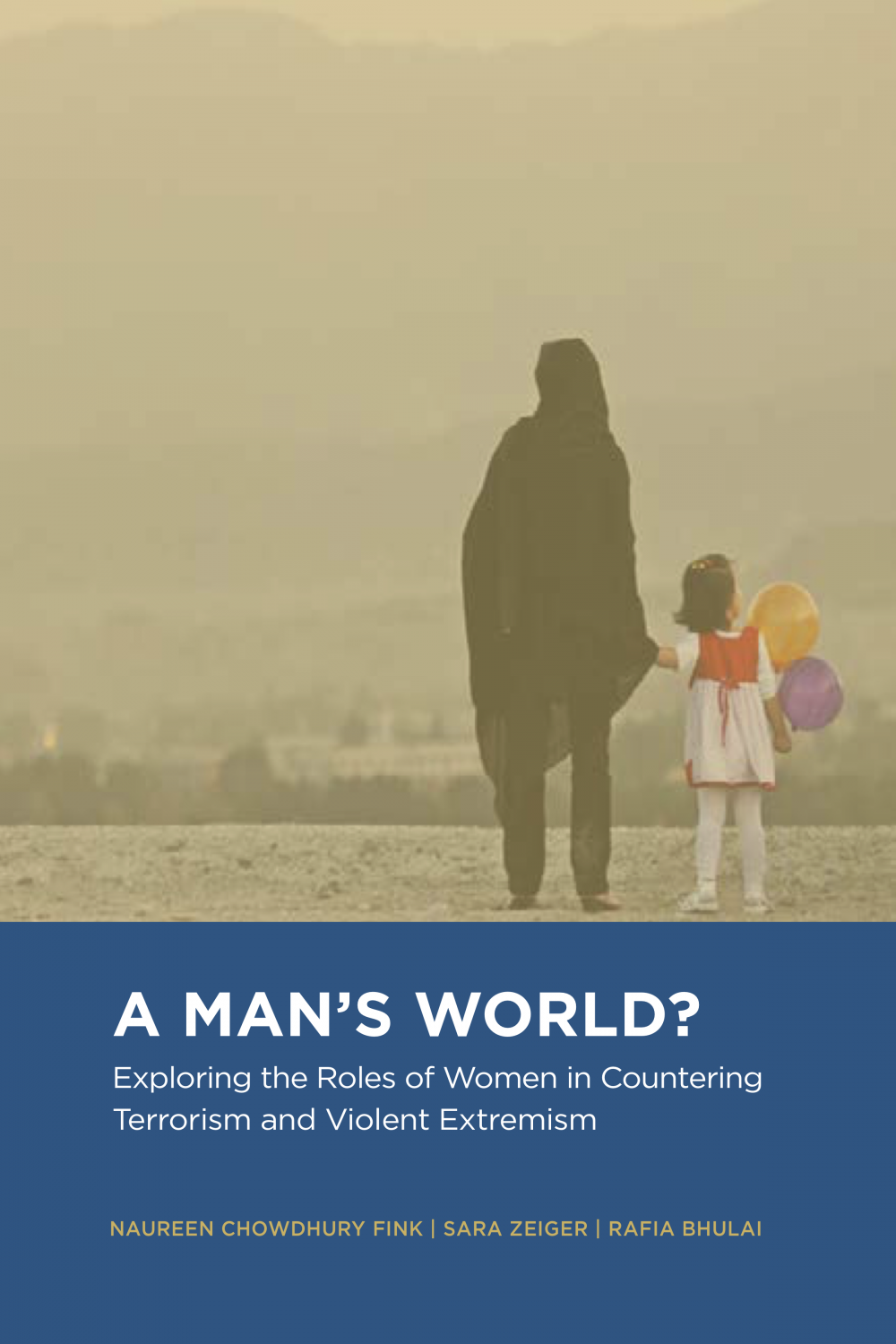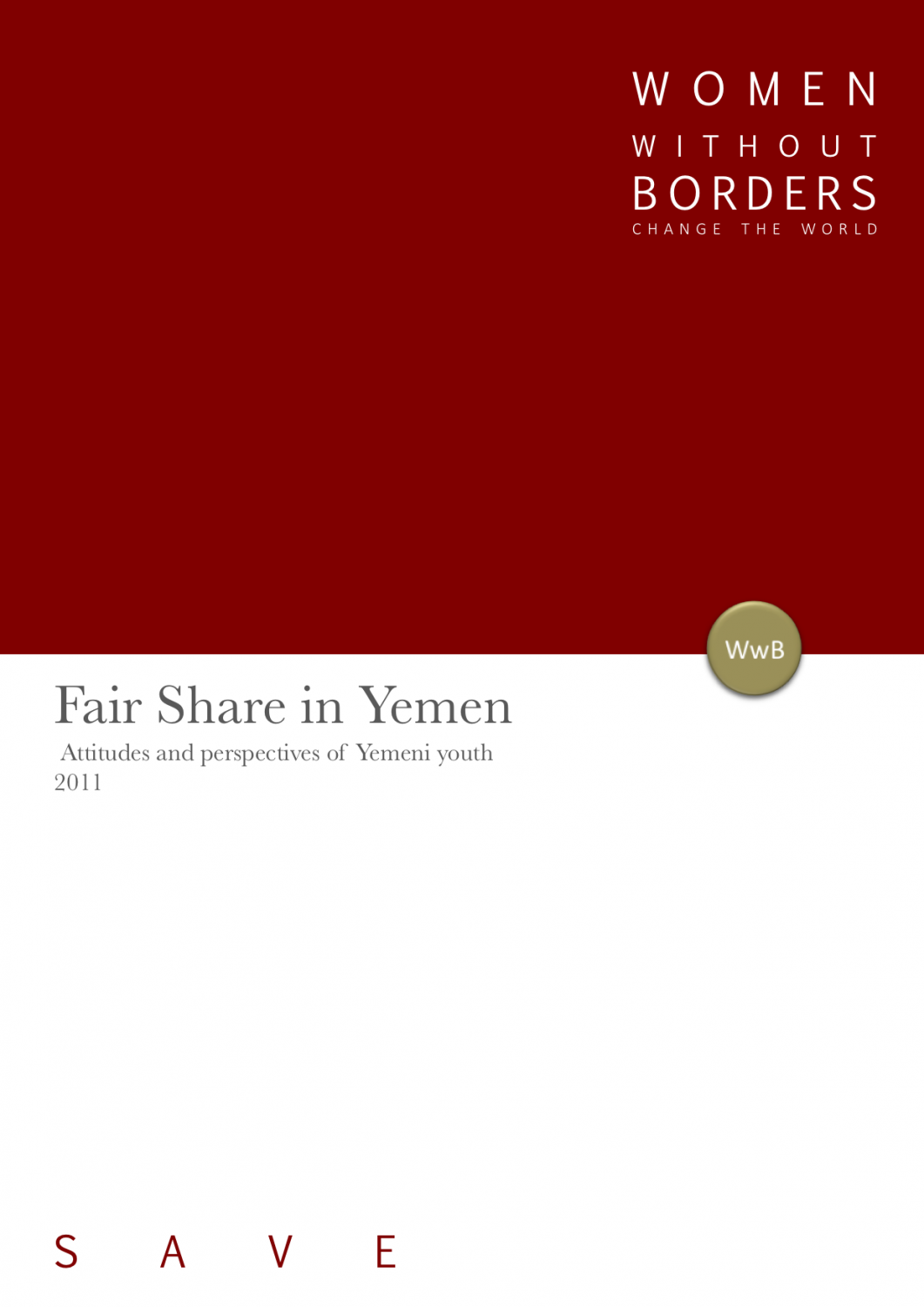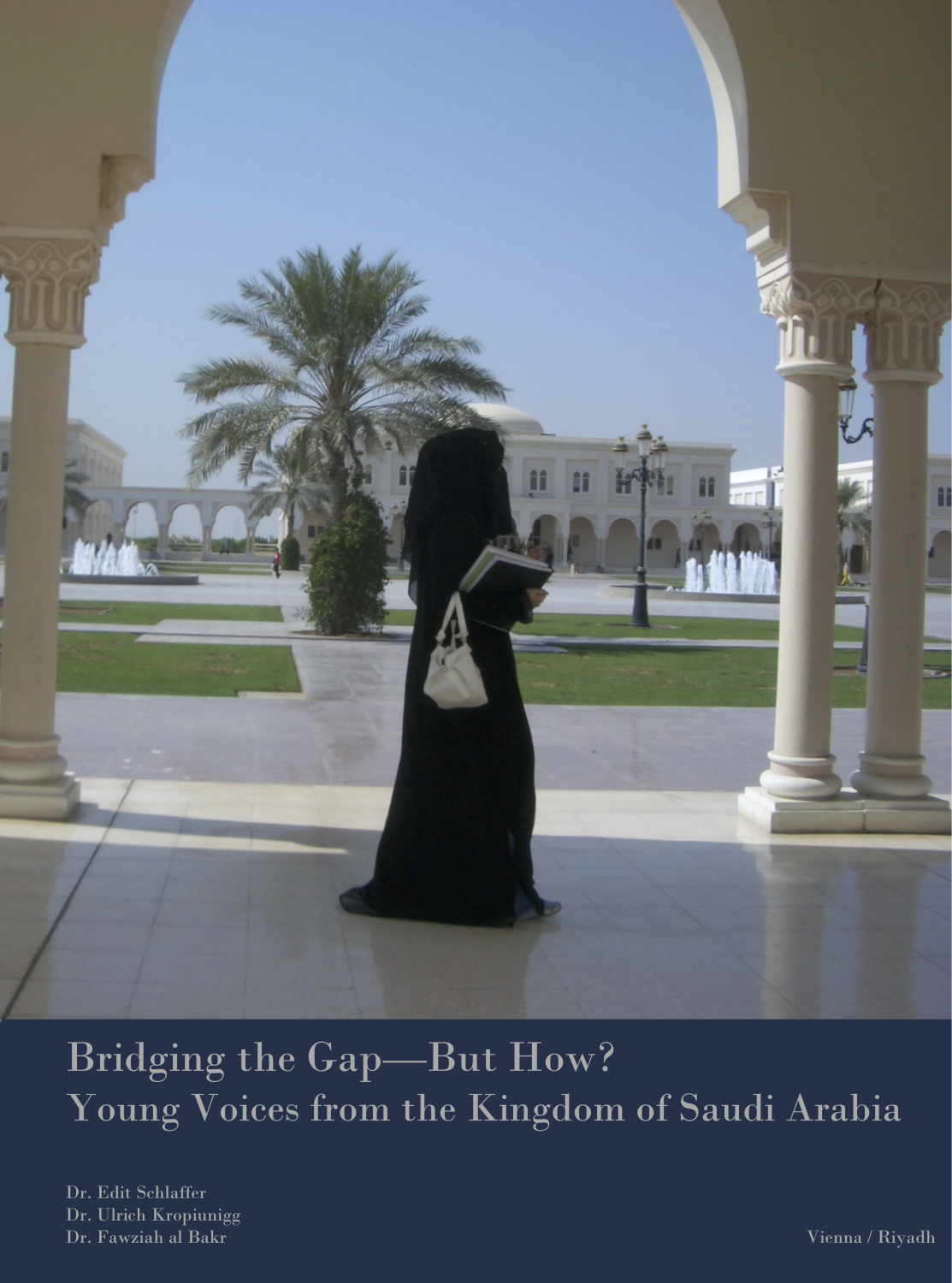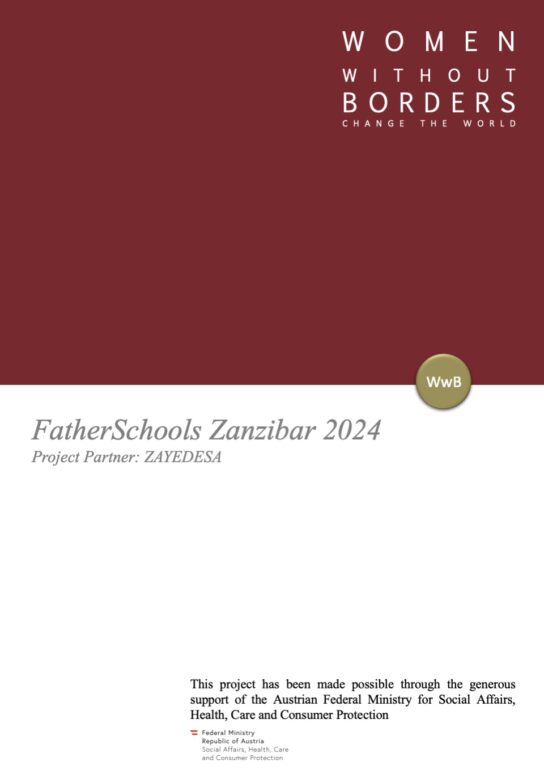Following its ‘Can Mothers Challenge Extremism’ study, Women without Borders (WwB) proposed a shift in the global security paradigm to include mothers. This paper highlights some of the key research study findings and details how they have been applied to develop the pioneering ‘MotherSchools: Parenting for Peace’ Model and applied programme. While governments tend to focus on top-down approaches, this paper makes the case that efforts should be extended to the local, grassroots levels by investing in mothers in at-risk communities in particular.
This article presents the groundbreaking Women without Borders (WwB) ‘Can Mothers Challenge Extremism?’ five-country study with 1023 women that points to the critical role mothers can play in P/CVE efforts. Drawing on its study findings and pioneering ‘MotherSchools: Parenting for Peace’ work, this publication combines qualitative and quantitave data to highlight lessons from a myriad of contexts, including Northern Ireland, Israel, Palestine, Egypt, and Pakistan, supplemented by anecdotal evidence from returning foreign terrorist fighters from Iraq and Syria. The authors elaborate on how women as mothers can play an important role in P/CVE efforts, and that mothers would benefit from further capacity building and support to enhance their abilities to detect early warning signs of radicalisation and have discussions with their children about the dangers of extremism.




